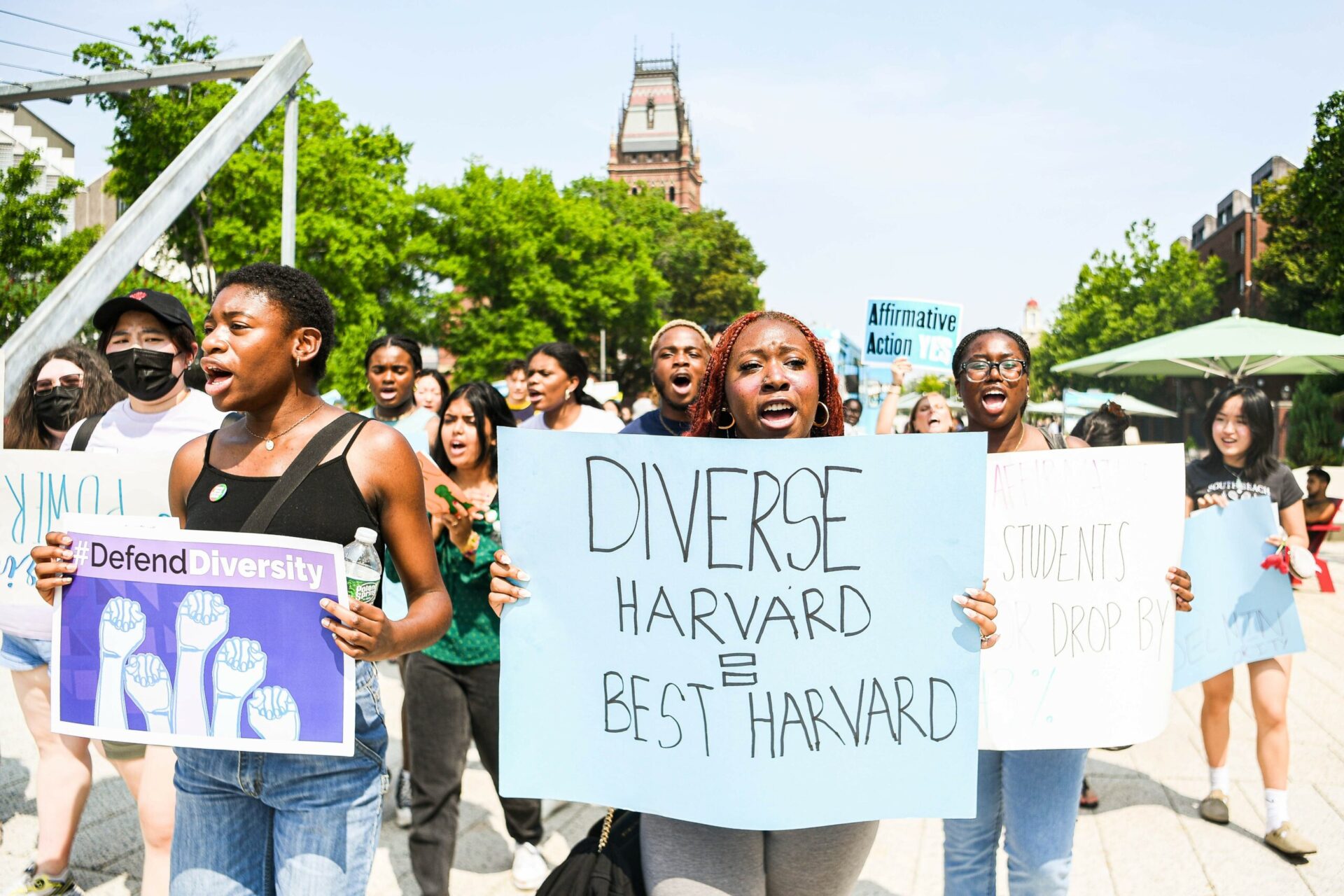
July 5, 2023
Advocacy Groups Sue Harvard University For Unfair Admission Practices
Activists aren’t backing down after the Supreme Court’s recent ruling to end affirmative action in college admissions, as advocacy groups are now aiming for Harvard University.
Lawyers for Civil Rights has filed a lawsuit again Harvard University, claiming their admissions system violates the Civil Rights Act, CBS News reported. The Boston-based nonprofit filed the suit on June 3 on behalf of several minority advocacy groups in New England: Chica Project, African Community Economic Development of New England, and the Greater Boston Latino Network.
Ivan Espinoza-Madrigal, executive director of the group, said the group feels Harvard’s practices discriminate against students of color by giving an unfair boost to children of alumni – mostly white. “Your family’s last name and the size of your bank account are not a measure of merit, and should have no bearing on the college admissions process,” Madrigal said.
The Supreme Court’s ruling states colleges will begin ignoring applicants’ race, but the advocacy groups pointed out that the schools look the other way when it comes to the offspring of alumni and donors. According to the suit, Lawyers for Civil Rights feel “Black, Latinx and Asian American applicants are all dramatically under-represented among those who receive Donor or Legacy Preferences.”
Statistics from the Harvard Gazette show African American and Black students made up 15.3% of the class of 2027, Asian Americans made up 29.9% and Latinx students made up 11.3%. Native American and Native Hawaiian students come in low, making up 2.7% of accepted undergraduates. The majority of incoming undergrads are white, making up 40.8%. The ivy league institution says these statistics show how diversity is increasing amongst the school’s applicants.
In regards to the lawsuit, Harvard spokesperson Nicole Rura said they will not be commenting. “In the weeks and months ahead, the University will determine how to preserve our essential values, consistent with the Court’s new precedent,” Rura said, according to CNN.